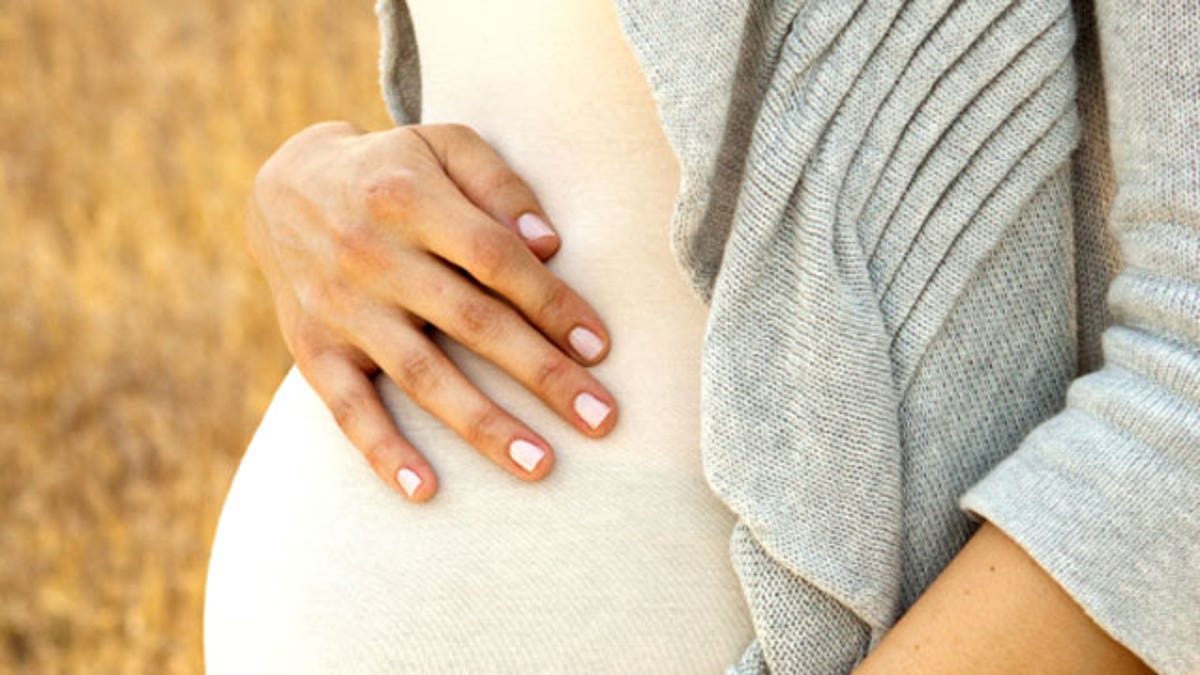
(iStock)
Light therapy may improve symptoms in pregnant women with depression, suggests a new study of 27 women in Switzerland.
While the study was small, the findings are promising for doctors who have been hesitant to treat with antidepressants out of fear that the drugs might harm the fetus.
On the other hand, some worry that untreated depression during pregnancy could also lead to birth complications, said Dr. C. Neill Epperson, who heads the Penn Center for Women's Behavioral Wellness in Philadelphia and was not involved in the current study.
"A lot of people feel like they're in between a rock and a hard place," she told Reuters Health.
About one in 10 pregnant women are depressed, note the authors of the current study in the Journal of Clinical Psychiatry, and that puts them at higher risk of preterm delivery and having a baby with low birthweight.
Light therapy has shown success in people with seasonal affective disorder who generally get depressed during the winter when there's less sunlight than at other times of year. Early findings have suggested the treatment might help people with non-seasonal depression as well.
To see if those findings hold up in pregnant women, Anna Wirz-Justice of the University Hospital Basel in Switzerland and her colleagues randomly assigned 46 depressed women to treatment with either a bright fluorescent light or a non-therapeutic dim red light, the placebo group.
Women were told to sit under the light for an hour each day, starting within a few minutes of waking up. The study lasted for 5 weeks, with participants coming in regularly to meet with researchers who evaluated their depression.
Nineteen women either quit treatment in the middle of the study or were not included in the final results because they started taking antidepressants during the trial, leaving 27 women to be analyzed.
By the end of 5 weeks, 13 out of 16 women receiving light therapy had at least a 50 percent improvement in their symptoms, and 11 were no longer depressed. That compared to five out of 11 women in the placebo group who had a 50 percent or greater improvement and four who stopped being depressed.
The light therapy had no side effects -- as Wirz-Justice told Reuters Health, "It's like going outside for an hour a day" but without the risks associated with UV light.
She expected that women would keep benefiting from more than 5 weeks of treatment with light therapy, and added that the treatment could be used throughout pregnancy and after the baby is born -- a time when depression is especially common.
Wirz-Justice also said that the response to light therapy was as good as what has been found in treatment with antidepressant drugs.
That makes sense because the light acts on pathways in the brain in the same way that antidepressants do, she said.
But taking an hour of the day to devote to treatment isn't necessarily feasible for all women.
Light therapy and other non-drug treatments "do have their downfall," Epperson said. "You have to be really motivated to do light therapy."
However, she added, "physicians would feel a lot better if they thought that there were (non-medication) strategies that potentially help their patients get better. Light therapy is certainly a very reasonable option."
Therapeutic lights typically cost around $200, according to Epperson, and last years. By comparison, antidepressants can be bought for about $20 per month.
Future studies are underway to confirm the effectiveness of light therapy in other groups of pregnant women with depression, Wirz-Justice said.
Epperson said that recent research has made it clear that women who are depressed and pregnant should not just try to "slog their way through" without treatment.
"If you feel that your depression is affecting your ability to enjoy your life, enjoy being pregnant ... that's not a good level of depression to live with," Epperson said. "People have to take that very seriously."







































